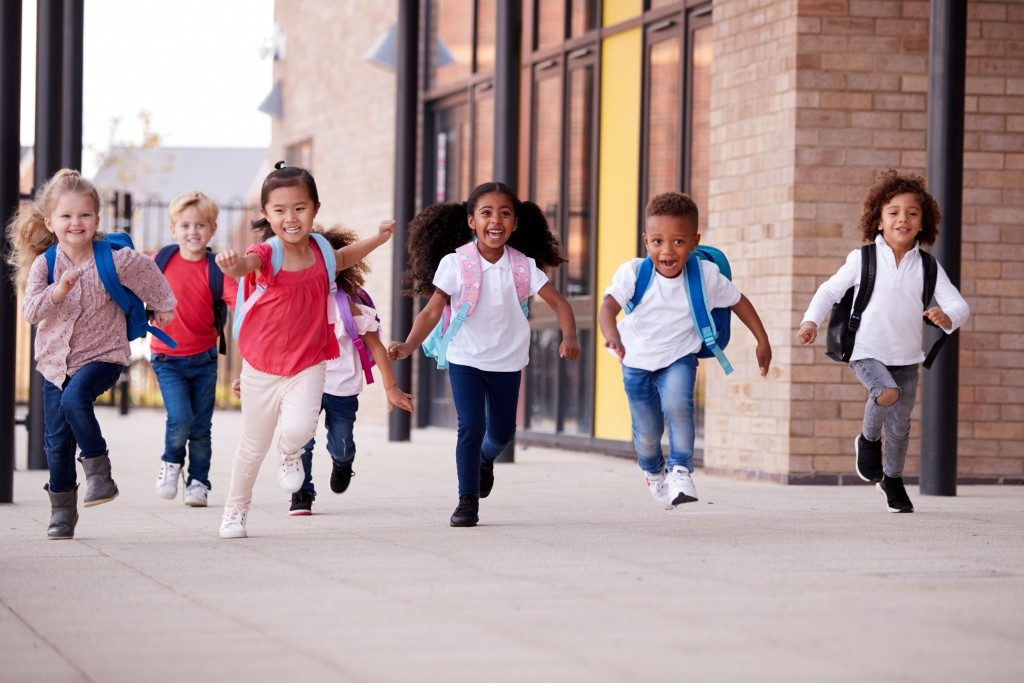Mental health problems exist for adults, children, and young people. A kid enrolled in an international school in Manila can face the same problems as a teen enrolled in a public school in Busan. Genetic, social, political, and environmental factors can all affect the mental health of youths.
Early intervention will help prevent consequences of such problems, prepare youths for their adult life, and keep them feeling safe and loved.
Be Aware of the Symptoms
Problems manifest differently for each young person. Some may begin emulating adult behaviors, such as drinking or smoking while others may feel anxious or find it difficult to concentrate in school. Youths with mental health problems may also avoid people they typically hang out with or focus on a positive activity to their detriment.
If a parent or teacher sees signs of mental health problems in a child or teen, they must approach them carefully. Confronting a youth in an accusatory manner will only make them clam up, lash out, or double down on their troubling behavior. Supportive parents and mentors talk to youths calmly, with empathy and regularity. They also respect a youth’s feelings, affirm that they are valid, and give them advice if needed.
Allow Kids to Learn About Mental Health
Teaching youths about mental health is crucial for their present wellness and their later life. Youths must learn that they are in a period of critical changes that happen at breakneck speed. Feeling scared, alienated, or moody is normal for a teen or a child—it’s when these negative feelings, or lack thereof, double that they need to learn to ask for help. However, it’s ideal that children are taught that they can seek help before a situation complicates.
They must also understand that they have options on how to deal with their difficulties. Teens may feel uncomfortable telling their parents their woes. Kids may prefer someone other than their teacher or school counselor. Group therapy may do better for particular cases, while other kids may feel better if they were allowed to speak to a professional in a one-on-one setting. Others still may want their parents around when they talk to their therapists.
Developing Self-esteem and Other Skills
Youths need mentoring to aid in their development. An obvious way of helping kids develop is by aiding in their studies or developing an interest in their extracurricular activities. Building a sense of pride around their accomplishments, connecting them to other children, and affirming their worth can boost their confidence.
Children and teenagers can also be steered away from danger by improving their decision-making skills. Problem solving is an immensely valuable skill that translates well into their later life. Positive reinforcement will help youth better than punishments, which can further harm their mental health. Rewards should be balanced, as too much can also affect a child’s behavior negatively.
Support Your Kids

Creating loving, nourishing child-parent or guardian relationships at home can take a ton off a kid or teen’s shoulders. Parents should make their love explicitly felt—their children should know, through service, words, and action, that they are accepted.
Adults should be wary about how they interact with each other in front of youths and behind closed doors. Children can worry about adult concerns too and believe they are at fault. Apologizing and explaining matters to children can help them feel better about the situation.
Ensuring youths that their home is a place where they can nurse themselves and feel loved and accepted gives them a safe space. This helps in their overall development as individuals and citizens.

